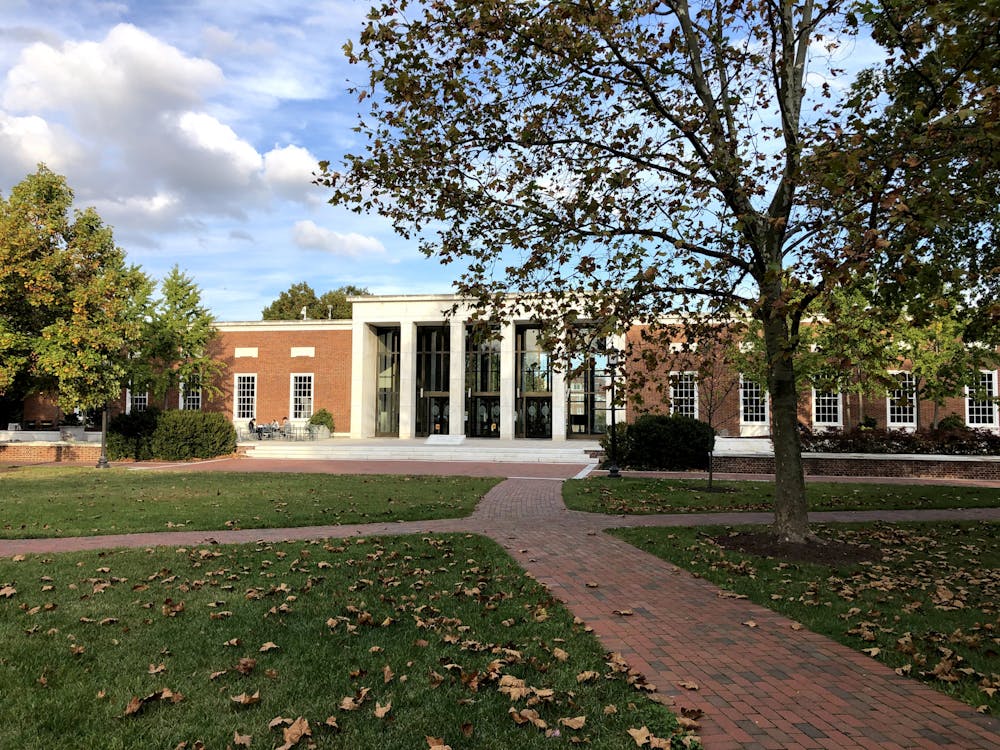Keeanga-Yamahtta Taylor, professor of African-American studies at Princeton University, spoke on the past, present and future of Africana studies on Jan. 27 as part of the Center for Africana Studies’ ongoing lecture series “The Challenges of Africana Studies 50+ Years On.” The conversation was moderated by Minkah Makalani, associate professor of history and director of the Center.
Taylor is a recent recipient of the MacArthur “Genius Grant” for her study of the history of inequality, anti-Black racism and social movements. She is also an activist committed to bringing her work outside the academy by writing for a general audience as well as an academic one.
Taylor spoke about the mission of the discipline, originating with the rebellious politics of the ‘60s and ‘70s. She feels these roots still motivate scholars in the field to participate in the world outside of the academy.
“This dilemma about whether to engage in politics or things that are seen as beyond what academics do — this is not an issue in African American studies,” she said.
Citing the ongoing pandemic, police brutality and what she sees as the rise of the reactionary right, Taylor argued that scholars need to be engaged in an attempt to make sense of the world.
Taylor expressed concerns about what she sees as a tendency towards anti-intellectualism and has observed a disappointing lack of scholarly response.
“There’s an inability to engage in principled political dialog or discussion,” she said. “By that I mean internet culture and social media culture is training people to have the pithy kind of response that you fire off.”
Taylor also spoke about the challenges Black studies face today, discussing the legislation passed against critical race theory in many states.
“We’re at this critical moment where the right has momentum. They are banning books; they are banning speech. And it's not just in K-12 [schools]. In Mississippi earlier this week, their critical race theory ban extends to colleges and universities,” she said. “It's very scary right now, and the forces of the left that historically have provided an answer, I would say in the United States, are historically weak.”
Freshman Mariel Lindsay, who had been previously unfamiliar with Taylor’s work, attended the talk after hearing about it from a professor and appreciated Taylor’s insights.
“I liked the discussion on leftism and what happened with the Black Power movement after the ‘60s,” Lindsay said.
Taylor also touched on the work of activist-scholars Toni Cade Bambara and Angela Davis, the failures of the Black liberation movement of the ‘60s and ‘70s, the Black Lives Matter protests of 2020 and the spikes in violent crime since the beginning of the pandemic.
Taylor described what she sees as the next steps for the United States.
“The challenge that we face is how to build what is necessary to change the priorities in this country on one hand but also to change the country itself,” she said.
Graduate student Pyar Seth, who was familiar with Taylor’s work, also appreciated the opportunity to engage with Taylor.
“It was just great to get an opportunity to interact with her in a small, more intimate space to get her sense on the state of affairs today, what to do and how to make sense of it — and where to go,” he said.
Seth echoed Taylor’s statements on the value of Black studies, a discipline they thought was both flourishing intellectually and threatened politically.
“This is a really exciting time for Black studies,” he said. “It's also a scary time, especially with this sustained assault on critical race theory.”





